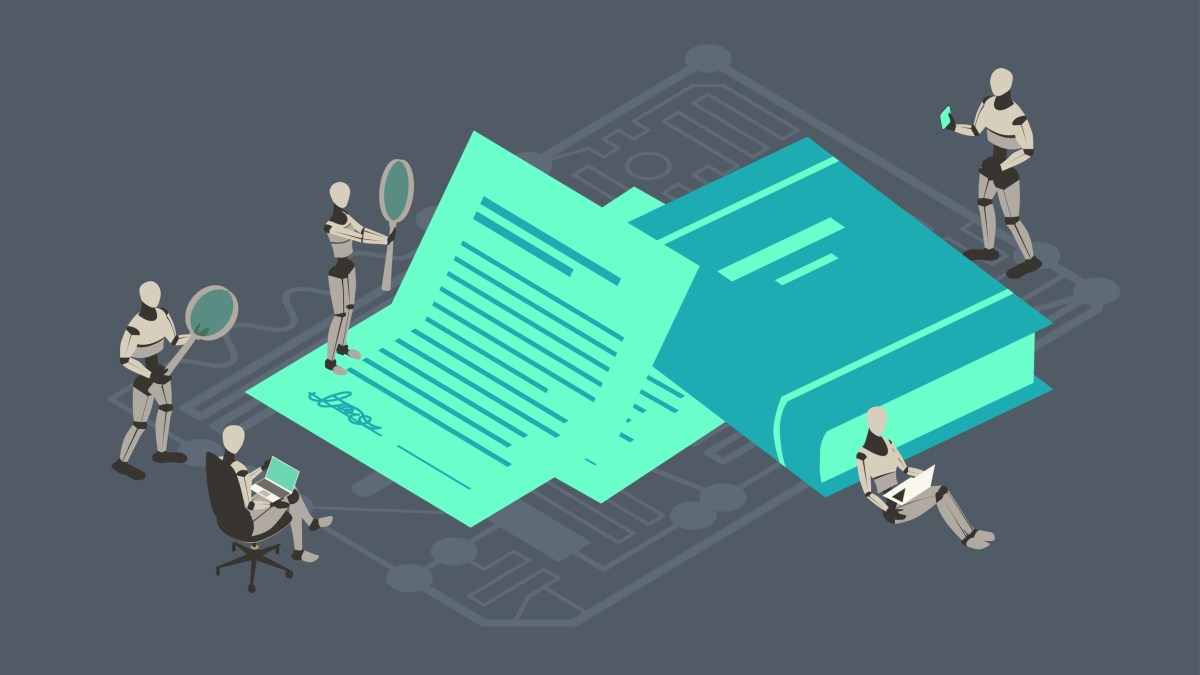EU data protection
fromData Matters Privacy Blog
2 months agoEU Digital Omnibus: The European Commission Proposes Important Changes to the EU's Digital Rulebook | Data Matters Privacy Blog
European Commission adopted a Digital Omnibus package to streamline EU digital rules, proposing AI-specific and general measures and launching a Digital Fitness Check.


